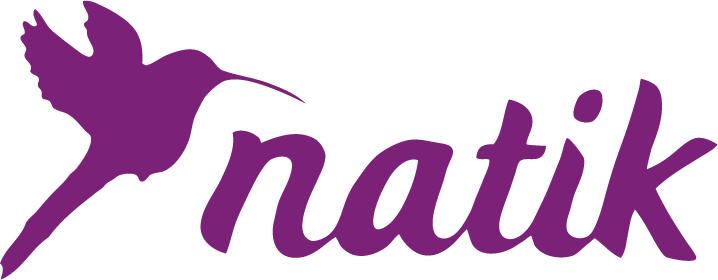
HISTORY
Natik began as the International Humanitarian Foundation (IHF) in 2002.
Founded by Amish Parashar, David Morse, Jesse Rocicki, and Kathleen Reeder, all students at Dartmouth and Harvard, the IHF was incorporated in 2004 as a 501(c)(3) non-profit.
Inspired by academic internships and experiences throughout the developing world, their vision was to create a new type of international development organization that would tap the potential for reciprocal partnerships between students in the U.S. and communities abroad.
By 2007 there were chapters at Haverford College, Brown University, and Tufts University. During these years, the student chapters fostered relationships with community organizations in India, Costa Rica, Nicaragua, Guatemala, Belize, Honduras, and Mexico.
This model depended on in-person relationships between students and development projects. The biggest challenge was that the rhythm and substance of the relationships was subject to academic schedules and the increasingly prohibitive cost of travel.
In 2012 we decided to concentrate on our partner relationships in Santiago Atitlán, Guatemala, and Chiapas, Mexico. Both regions have strong Mayan and Spanish-speaking populations, which inspired the name Natik Esperanza.
In 2012 the IHF became Natik Esperanza.
Natik means ‘you plant’ in Tz'utujil Maya, and ‘our home’ in Tsotsil and Ch’ol Maya.
Esperanza means ‘hope’ in Spanish.
We phased out university chapters and transitioned to working directly with grassroots organizations that prioritize local solutions to education, health, and sustainable livelihoods.
Since then, we’ve nurtured relationships with schools in the U.S. that are interested in cultivating community-based relationships through internships and professor-led academic trips. Several of our current board members began their alliance with Natik as university or postgraduate interns.
The hummingbird is a perfect symbol for Natik ~
Its small size, responsiveness, incessant energy,
and determination characterizes our organization.
Our partners have taught us that investing in human capital through training and accompaniment is essential for strength, effectiveness, and scalability. Our donors have taught us that they are interested in stories about the individuals that participate in the programs. Our board and advisors expect process and financial transparency.
Twenty years of experience has reinforced what the founders envisioned from the beginning: long-term collaborative relationships are key to developing strong partnerships, creating solid infrastructures, and cultivating local ownership of processes.

